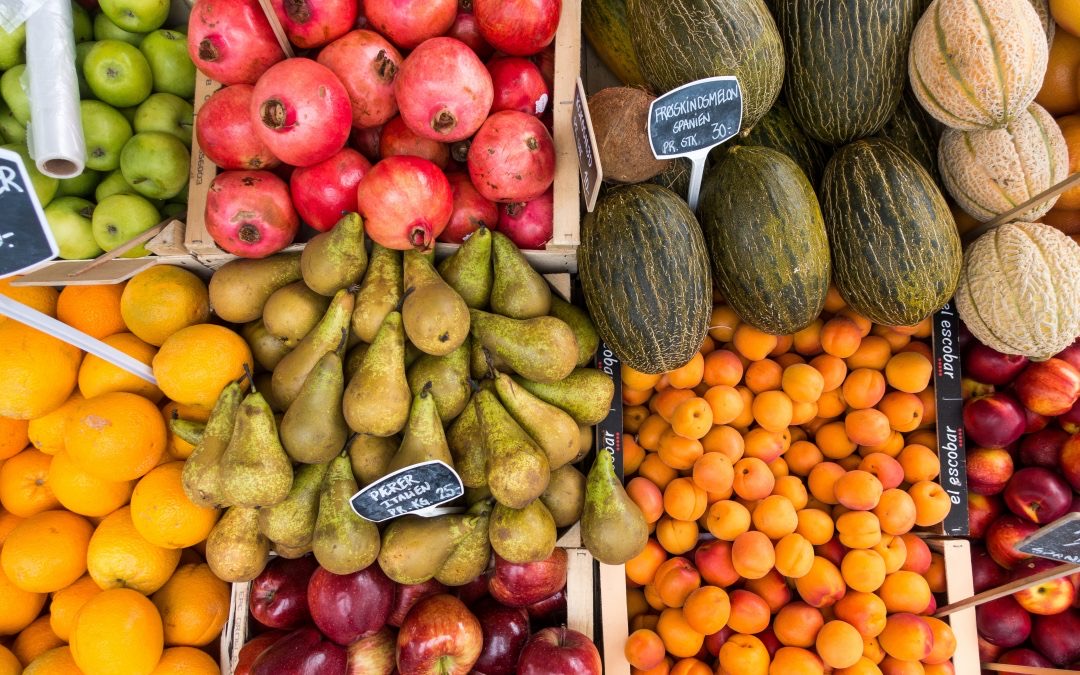For many UK businesses dealing with health foods and supplements, it seems almost natural that health-conscious countries with a reputation for social awareness like Sweden and Denmark might spring to mind as a potential market. That being said, there are a few more things to consider when it comes to targeting a specific country and working out if your product is likely to be accepted by retailers and consumers out there.

Despite the proliferation of the Western diet high in processed carbs, fast foods and sugar across the world, it can be said that these Nordic countries are succumbing to this trend with somewhat more resistance, and Denmark boasts what is possibly the first Paleo fast-food restaurant in the world. This is not just down to an increased desire for so-called ‘real foods’, but also to a need to consider food alongside public health; with shorter summers and fewer hours of daylight per day, many foods are specially fortified (particularly with Vitamin A and D, often linked to daylight) and in 2015 the National Food Agency even proposed an expansion of mandatorily fortified foods across the country. One common indicator of healthy foods is shown by the ‘Nordic keyhole’, a label awarded to certain products based on their salt, sugar and fat content.
2. Social and environmental factors
Alongside this awareness of health in relation to food is also a keen interest on the part of many consumers to buy in a sustainable manner, with labels such as Fair Trade and the Organic Certification seeing great changes in the past few years. While in Sweden organic foods are still seen primarily as a premium product, such products do exist in lower price brackets, while an upwards trend among private Labels in Danish chains has made this a more accessible range of products which are no longer reserved for the elite.
3. Wider cultural and demographic trends which may differ from your home market
It is also important to consider the cultural differences which surround the potential international market’s food habits. This may include the sunlight, as previously mentioned… but also the exercise habits of your target demographic and their likelihood to buy related products such as protein foods, with up to 20% of Scandinavian populations enrolled in a gym membership. Yet age is also important – in Sweden, the average pensioner has the same disposable income as a 28 year old and, with over 65s forming a quarter of the population and this figure set to increase in the future, this is certainly not a sector of society to be immediately ruled out when you’re deciding your foreign target audience.
4. Limitations on labelling and marketing
This is where the differences between the UK and Scandinavia can really help you choose which country you want to focus on. In many ways, Danish and Swedish regulations can be seen as stricter than expected, reflecting their focus on good quality food. There is EU-backed legislation on health claims, meaning that many products must advertise health benefits using their ingredients instead of direct claims – or by advertising what they do not contain, as a way to reassure consumers about their quality ingredients. This is important when adapting your marketing for another audience. Remember those bio-live yogurts advocating “probiotic bacteria”? Deemed insubstantial as a health benefit, many products now rely on previous brand recognition, serving as a barrier to entry for new products – particularly in Denmark where regulations are seen as stricter. This aside, distributors may help you with labelling requirements, so don’t let this put you off on its own!
Overall, while this is a largely health-aware population and there is far more to say on the topic building on our detailed market insights and knowledge, it’s important to remember that every country within Scandinavia has its own unique trends and every product has different needs. If you’d like to see what traction you could gain in these markets with your health food or drink product with our help then fill out the form below with your details and we’ll be in touch to discuss it further.
For anyone needing to deal with US import Customs clearance, you then need to find, appoint (and give Power of Attorney to) a US Registered Customs Broker and to pay for that Broker’s services and for any US import duties due on the goods.
As most fulfilment service providers state they won’t act as the Importer of Record this can cause further difficulties for brands trying to enter this market.
Firstly, because you then need to find a US registered Customs Broker as the fulfilment service generally won’t do so.
Secondly, because when goods arrive in the USA, the Registered Customs Broker must state the name of the US company that will act as the Importer of Record, when they submit an import clearance declaration to US Customs.
If the fulfilment service provider won’t accept that responsibility (often the case), then what can you do? It might be possible to find a US company that is prepared to act as the Importer of Record, but this can be risky and this is what you were trying to avoid in the first place, by using a fulfilment service and bypassing the need for another party to be involved.
One solution offered by the US government, that many exporting companies to date have opted for, is to register as a Non-Resident Importer. In doing so, your registered details can be included in the import clearance declaration submitted to US Customs by your Registered Customs Broker for each shipment that arrives.
Exports of Foods, Beverages & Dietary Supplements
Further complications can arise, specifically for imports into the USA of Foods, Beverages or Dietary Supplements. This is because regulations imposed by the US Food & Drug Administration (FDA) also come into play.
The FDA requires US importers of foods, beverages and dietary supplements to establish Foreign Supplier Verification Programs (FSVPs) in order to verify that their foreign suppliers comply fully with FDA regulations governing food safety processes and procedures.
Registered Customs Brokers dealing with the import Customs clearance of foods, beverages or dietary supplements must inform US Customs which company is acting as the FSVP importer for consignments of foods, beverages or dietary supplements. If – as in the case of goods consigned to fulfilment centres – there is no Importer of Record, no FSVP Importer, no US buyer (i.e. a US company hasn’t issued a written purchase order) or no US owner in evidence at the point of entry of the goods into the USA, then you, the exporter, are deemed by the FDA to be the continuing owner of the products and you must appoint an FSVP Agent – an American company that takes on the responsibility of verifying the food safety compliance status of foreign manufacturers or processors.
This is clearly problematic.
At Bolst Global we can signpost you to FDA Compliance Specialists – who may act as FSVP Agents on your behalf – and to Registered Customs Brokers, who can deal with US import Customs clearance on your behalf and assist you with Non-Resident Importer registration.
If you are looking to export to the USA and would like to know more about the support and advice we can provide, then please contact us using the form below.




